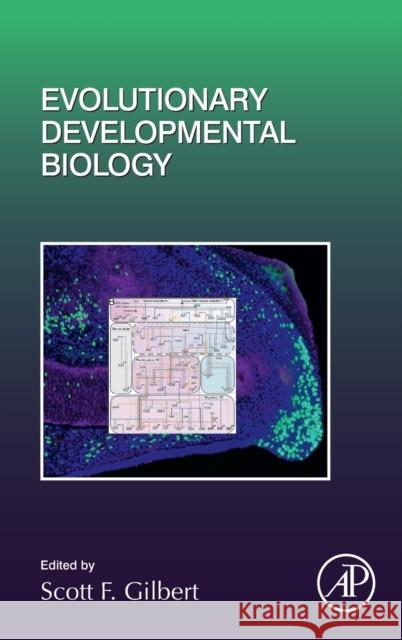Evolutionary Developmental Biology: Volume 141 » książka
topmenu
Evolutionary Developmental Biology: Volume 141
ISBN-13: 9780128149683 / Angielski / Twarda / 2021 / 452 str.
Kategorie:
Kategorie BISAC:
Wydawca:
Academic Press
Seria wydawnicza:
Język:
Angielski
ISBN-13:
9780128149683
Rok wydania:
2021
Numer serii:
001141699
Ilość stron:
452
Waga:
8.33 kg
Wymiary:
22.86 x 15.24 x 2.54
Oprawa:
Twarda
Wolumenów:
01
Dodatkowe informacje:
Bibliografia











